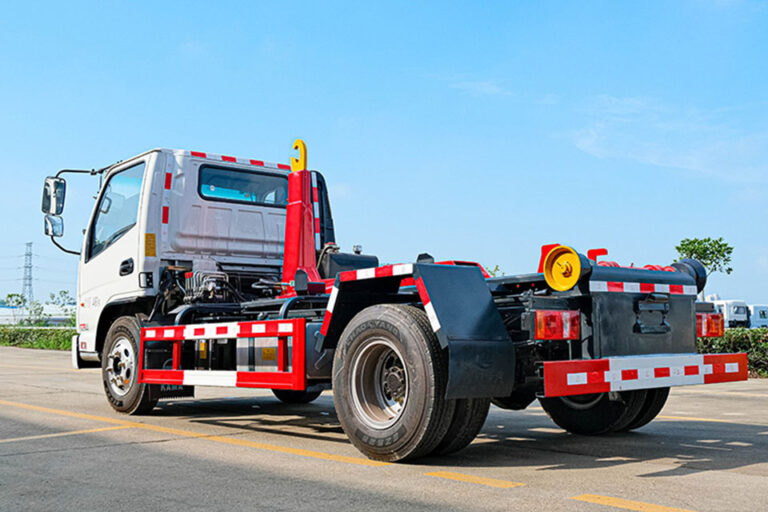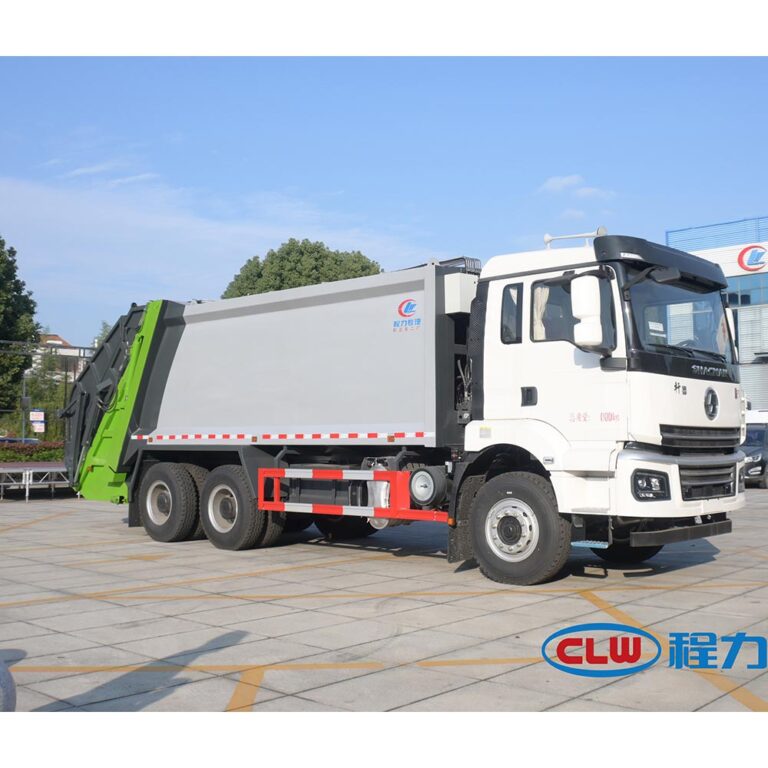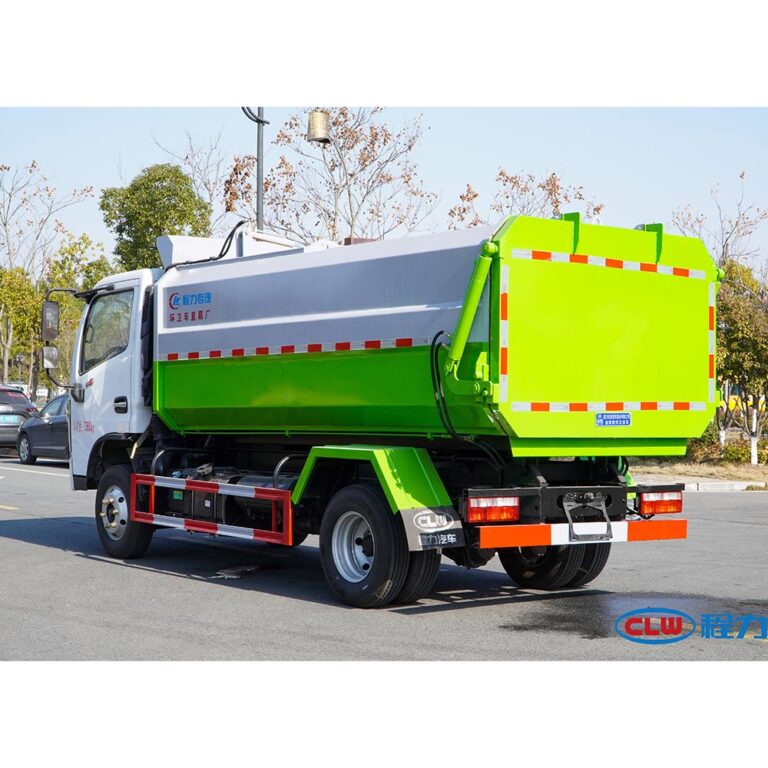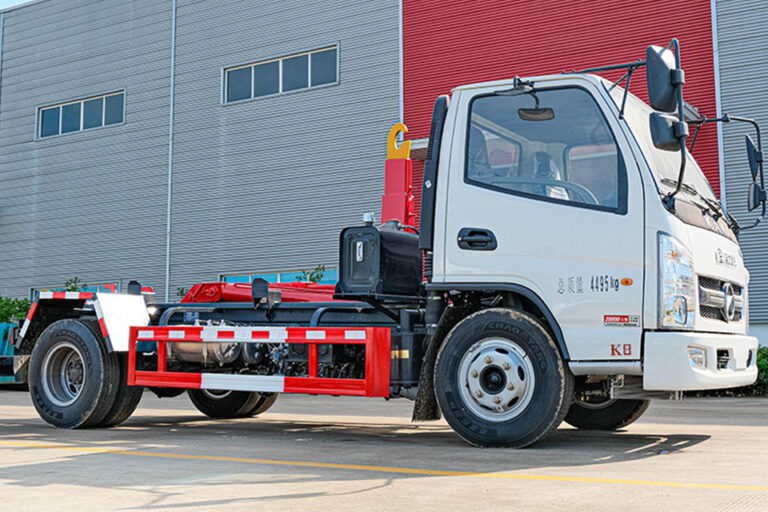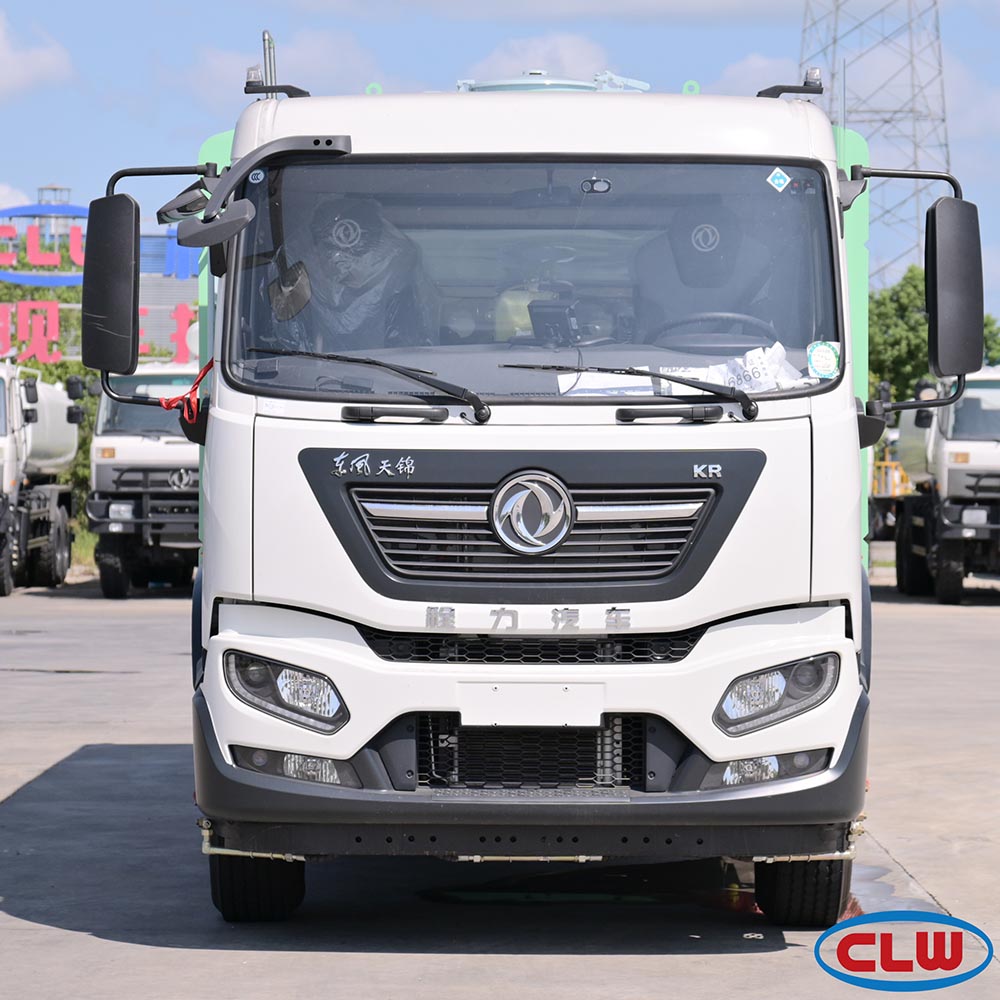
как найти запчасти для модификации автомобиля какие недостатки у модификации автомобиля
Запчасти для вторичного рынка: Взвешивание недостатков и преимуществ для вашего автомобиля
Вы подумываете о модификации своего автомобиля с помощью запчастей? В этой статье вы окунетесь в мир запчастей для автомобилей, исследуя преимущества и недостаткиособенно в отношении модификаций основных систем вашего автомобиля. Как производитель грузовиков для обслуживания дорог, я на собственном опыте убедился, что как оригинальные, так и послепродажные детали могут влиять на производительность и долговечность автомобиля. Мы также обсудим, как эти модификации могут повлиять на страхование вашего автомобиля и как лучше всего подходить к его доработке. Эта книга обязательна к прочтению для всех, кто рассматривает возможность внесения изменений в конструкцию автомобиля, особенно если безопасность и надежность являются приоритетами.
Оглавление
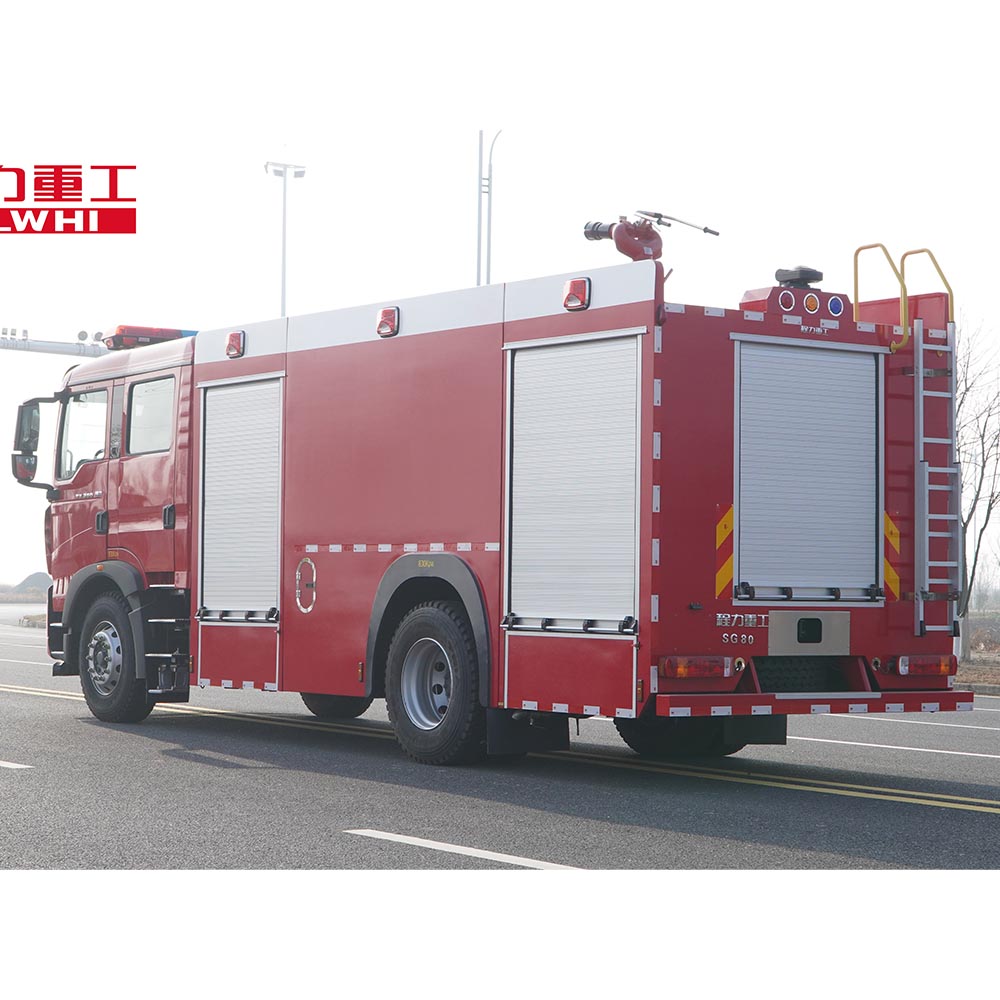
Что именно Запчасти для вторичного рынка и чем они отличаются от деталей OEM?
Когда вы говорите об автозапчастях, вы обычно слышите два термина: запасные части и оригинальные детали. Запчасти для вторичного рынка это компоненты, произведенные компанией, не входящей в производитель оригинального оборудования (OEM). OEM-запчасти - это компоненты, изготовленные производителем автомобиля или компанией, уполномоченной этим производителем. Представьте, что вы покупаете совершенно новый грузовик. Детали, из которых он был собран, - это детали OEM. Если вы покупаете запасные части у другой компании, не авторизованной производителем автомобиля, то это запасные части. Они могут включать в себя все: от кузовных панелей до подвеска компоненты.
Ключевое различие заключается в том, откуда они взяты, и иногда это различие влияет на качество, соответствие и производительность. Запчасти OEM изготовлены в точном соответствии со спецификациями оригинальных деталей. Они разработаны так, чтобы идеально сочетаться с другими компонентами вашего автомобиля. Запчасти для вторичного рынка Они предназначены для работы с различными марками и моделями, что иногда означает компромисс в подгонке и производительности.
Какие самые распространенные недостатки запасных частей?
В то время как ценник на запасные части часто бывает привлекательным, но важно учитывать потенциальные возможности. недостатки. Одна из главных проблем - контроль качества. В отличие от OEM-запчастей, где стандарты диктуются производителем автомобиля, запчасти послепродажного обслуживания обычно не отвечают тем же высоким стандартам. Это означает, что вы можете получить деталь, которая не подходит по размеру, быстрее изнашивается или работает не так хорошо, как оригинал. Например, запчасти послепродажного обслуживания тормоз компонент может не предлагать того же эффективность торможения как тот, который был разработан оригинальным производителем.
Еще один важный недостаток связаны с гарантийными обязательствами. Использование запасные части могут аннулирует гарантию на ваш автомобиль, особенно в системах, где эти запасные части установлены. Если ваш автомобиль все еще находится на гарантии, производитель может отклонить претензию, если проблема возникла из-за детали, не являющейся оригинальной, даже если вы получите свой отремонтированный автомобиль в известном ремонтная мастерская. Кроме того, некоторые запасные частиособенно электрические компоненты или детали, связанные с системами безопасности, такими как подушка безопасностиЕсли они не разработаны в соответствии с теми же стандартами, что и производитель оригинального оборудования. Риск использования несертифицированных деталей всегда существует, и им не стоит пренебрегать.
Что следует владельцы автомобилей подумайте, прежде чем принять решение используйте детали послепродажного обслуживания?
Как владельцы автомобилейОсобенно когда вы решаете, хотите ли вы купить вторичный рынокНо дело не только в низкой стоимости, а в том, что нужно еще немного подумать. Во-первых, определите, чего вы хотите добиться, меняя автомобиль. Это модификации производительностиВнешний вид или просто замена изношенной детали? Зная это, вам следует подумать о типе планируемой модификации. Хотите ли вы установить полный комплекты для вторичного рынкаили вы заменяете более мелкие существующие детали, например, втулку на вашем подвеска? Если вы выберете полный комплект для вторичного рынка или решите заменить основные детали, вам придется убедиться, что вы получили запасные части из надежного источника.
Вы также должны подумать о том, как это может повлиять на безопасность автомобиля, поскольку запасные части могут влиять на ваш страхование автомобилей. Страховщики могут повысить страховые взносы или отказать в покрытии ущерба, если автомобиль может быть модифицированныйОсобенно если это важная часть вашего автомобиля. Кроме того, важно проконсультироваться с надежным автомастерская если у вас нет большого опыта работы с автозапчастями, так как они подскажут, какие детали лучше всего подходят к вашему автомобилю. В конечном счете, это баланс между стоимостью, качеством и безопасностью.
Есть ли какие-нибудь преимущества и недостатки что делать с подвеской вашего автомобиля?
Модификация автомобиля подвеска пользуется популярностью у автолюбителей, особенно у тех, кто любит посещать выставка автомобилей. Одно из преимуществ изменения подвеска это придать автомобилю уникальную стойку и улучшить управляемость, но это также имеет свои особенности. недостатки. Опускание автомобиля с помощью вторичный рынок Комплект подвески изменит управляемость вашего автомобиля, и это не всегда так к лучшему. Когда вы опустить автомобильЭто может улучшить устойчивость и уменьшить крен кузова, что приведет к более спортивным ощущениям. Если вы опустите заднюю часть автомобиля или любого другого конца автомобиля, это приведет к перемещению два роликовых центра и результатом может быть Непринужденная езда на автомобиле и чрезмерно наклоняться на поворотах, особенно если вы не следовать правильно выполняйте все инструкции.
Другое дело, что когда вы опустить автомобиль вы уменьшаете пространство между колесом и колесной аркой, что означает, что вы можете легко наехать на бордюрили привести к повреждению кузовные панели на автомобиле, если подвеска настроена слишком жестко. Кроме того, когда вы опускаете автомобиль высота езды, вы уменьшаете ход подвески Это означает, что автомобиль с большей вероятностью завалится на кочках и выбоинах. Рынок запасных частей Комплекты иногда поставляются с гораздо более жесткими пружинами и стойками/амортизаторами, которые еще больше уменьшают автомобиль качество езды и передаст каждую неровность дороги прямо в автомобиль кабины. Это может привести к значительному снижению комфорта при езде и может вызвать авариюОсобенно на дорогах, которые не являются идеально ровными. Чтобы избежать этого, важно установить правые компоненты подвески и получите свой отремонтированный автомобиль опытными профессионалами.
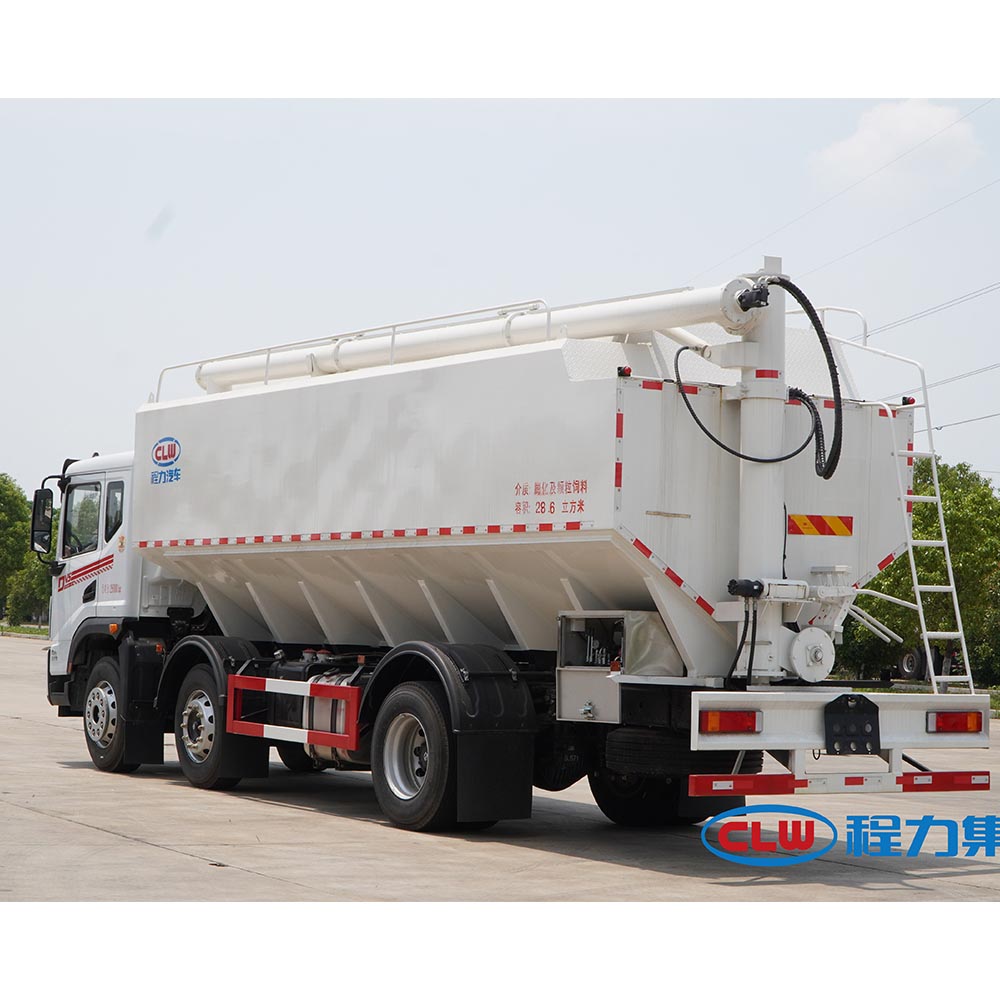
Как модификации производительности влияют на безопасность и надежность вашего автомобиля?
Модификации производительности часто сосредоточены на увеличении мощности или управляемости вашего автомобиля, но очень важно помнить, что есть некоторые преимущества и недостатки. Например, впускная и выхлопная системы могут увеличить мощность двигателя, но при этом следует помнить о некоторых моментах. Когда вы устанавливаете вторичный рынок Компоненты могут изменить состав топливно-воздушной смеси, а это может повлиять на надежность и долговечность двигателя, если они выполнены неправильно. Двигатель моды может привести к повышенному износу других компонентов, таких как трансмиссия и тормозная система. Оригинальные детали рассчитаны на определенный уровень нагрузки, и значительное увеличение мощности может привести к тому, что они выйдут из строя раньше, чем ожидалось.
Кроме того, некоторые модификации например, установка турбокомпрессоров или систем закиси азота может повысить риск для двигателя и других деталей. Также важно учитывать, как модификации производительности может повлиять на эффективность торможения. Значительное увеличение мощности означает, что для обеспечения безопасности автомобиля потребуется более мощная тормозная система. Автомобиль, который быстро разгоняется без возможности так же быстро замедлиться, никогда не безопасность на дороге. Помните, что ответственный модификации автомобилей требуют тщательного планирования и должны выполняться квалифицированными специалистами с лучший способ при замене деталей.
О чем модификации автомобилей что повлияет на ваш страховой полис?
Когда вы начинаете модификация вашего автомобиляНо также очень важно проконсультироваться с вашей страховой компанией. Многие модификации автомобилейОсобенно те, которые связаны с модификации производительности или изменения в конструкции автомобиля могут повлиять на ваш страхование автомобилей страховые взносы или даже аннулировать полис. Страховщики считают модифицированные автомобили более рискованными, потому что они больше подвержены риску попасть в аварию. Если вы измените основные компоненты, ваш страховой полис может не покрыть ущерб в нужное вам событие чтобы подать иск. Если ваш машина была опущена несколько дюймов, или вы добавили детали, улучшающие технические характеристики, вам необходимо уточнить у своего страховщика о страховом покрытии. Они могут увеличить страховой взнос или отказать в покрытии претензий, особенно если авария связана с модификация.
Очень важно раскрыть все свои модификации автомобилей своему страховщику. Невыполнение этого требования может привести к отказу в страховом покрытии и финансовым проблемам в случае аварии, и вы будете вынуждены оплачивать ущерб другого водителя и свой собственный. автомобиль без страхование. Это еще один важный фактор что нужно иметь в виду, прежде чем вносить серьезные изменения в свой автомобиль. Всегда убеждайтесь, что вы полностью понимаете условия страхового покрытия, поскольку они постоянно меняющийсяи как модификации автомобилей может повлиять на ваше покрытие и выплату по претензии.
Когда лучший способ с использованием запасных частей?
Решение о том, стоит ли купить вторичный рынок зависит от ваших конкретных потребностей, бюджета и состояния автомобиля. Для старых автомобилей или подержанный автомобильНапример, с изношенными деталями, которые необходимо заменить, запасные части может быть очень экономичным способом поддержания автомобиля в рабочем состоянии. Если у вас очень ограниченный бюджет и вам нужно найти запасные части быстро, используя запасные части может быть лучший способ. Однако для критически важных компонентов, таких как тормоз или подвескаЕсли вы хотите приобрести запчасти, то лучше выбирать OEM или очень надежные запчасти, если производитель оригинального оборудования часть недоступна. Если вы не уверены, вы всегда можете найти полный проверенный автомастерская в вашем регионе, которые помогут вам найти лучшее решение для вас и вашего автомобиля.
Если вы ищете очень специфическую модификацию или настройку, которую не предлагает OEM-производитель, запасные части может быть вашим единственным вариантом, например, если вы пытаетесь найти полный комплекты для вторичного рынка для вашего автомобиля. Вы должны убедиться, что детали изготовлены компанией с репутацией качества и надежности, с подробными отзывами других владельцы автомобилейТак что вы убедитесь, что вы получите сайт лучшие части вместо. Цель состоит в том, чтобы иметь безопасный и хорошо работающий автомобиль, и вы всегда должны стремиться к лучшим запчастям из возможных.
Как я могу обеспечить, чтобы мои автомобильные запчасти безопасны и надежны, особенно если они не OEM?
Обеспечение безопасности и надежности при использовании запасные частитребует очень тщательного отбора. Всегда проводите тщательное исследование, прежде чем купить деталь для вашего автомобиля. Проверьте компанию, которая детали изготовлены чем они занимаются, какова их репутация и есть ли отзывы об их работе от других владельцы автомобилей. Проверьте наличие сертификатов и стандартов, которых придерживается производитель. Детали, соответствующие промышленным стандартам, скорее всего, будут надежными. При сравнении цен, если цена слишком низкая, это может указывать на низкое качество или на то, что детали не следовать стандартное качество. Когда речь идет о таких важных деталях, как тормоза или подвеска Компоненты лучше выбирать известных и авторитетных брендов, которые хорошо зарекомендовали себя в производстве запчастей. Возможно, лучше спросить у вашего надежного ремонтная мастерская попросите профессионального эксперта или человека, хорошо разбирающегося в автозапчастях, так как они обычно могут порекомендовать нужные вам детали и даже установить их.
Если возможно, выбирайте запасные части Если вы покупаете детали с гарантией, это позволит вам быть спокойным в случае поломки. Всегда сохраняйте чеки и документы, чтобы иметь возможность предъявить претензии по гарантии производителя. Когда ваш автомобиль завершен после замены деталей обязательно проведите профессиональный осмотр автомобиля, чтобы убедиться, что все работает так, как нужно, и что ваш автомобиль в безопасности на дороге.
Как можно модификация вашего автомобиля повлияет на его стоимость при перепродаже?
Модификация вашего автомобиляОсобенно с запасные частиЭто может повлиять на стоимость автомобиля при перепродаже как в положительную, так и в отрицательную сторону. Некоторые модификации могут привлекать определенную группу покупателей (например, автолюбителей, а выставка автомобилей ), но они могут оказаться непривлекательными для обычного покупателя, который предпочтет автомобиль, более близкий к заводской конфигурации. Если вы планируете продавать быстрее лучше оставить его как можно ближе к OEM конфигурации, так как его будет легче продать. Любые значительные мод может рассматриваться покупателем как проблема, поскольку трудно оценить качество запасные части которые вы установили.
Имейте в виду, что если вы выбираете какие-то очень специфические модификации производительности, или полный комплекты для вторичного рынкаНо не все покупатели оценят эти модификации, и они могут даже вызвать у покупателя опасения по поводу надежности и долгосрочных проблем с обслуживанием. Чрезмерно модифицированные автомобили часто имеют меньший рынок сбыта, и покупатели могут не хочет иметь дело с потенциальными проблемами, связанными с использованием не оригинальных деталей или изменений. Всегда сохраняйте все оригинальные детали, если вы решили использовать запасные части на вашем автомобиле.
Что нужно знать перед тем, как сделать значительные изменения на мой автомобиль?
Перед тем, как сделать любой значительные изменения на свой автомобиль, вы должны тщательно обдумать свои возможности. Всегда имейте план с четкими целями. Независимо от того, идет ли речь о производительности, эстетике или просто замене изношенных деталей, важно иметь четкое видение. Не просто купить вторичный рынок Выбирайте детали наугад, не задумываясь о том, как они повлияют на ваш автомобиль и для чего они вообще нужны. Если у вас есть сомнения, всегда советуйтесь с профессиональным механиком, который подскажет вам, как лучше добиться желаемого результата.
Изучите детали, которые вы планируете установить, познакомьтесь с производителем и проверьте отзывы пользователей, особенно на таких форумах, как форум dodge challenger, или разговор о претендентах где люди делятся своим опытом о различных запасные частиТак что вы знаете все преимущества и недостатки. Также полезно почитать старые темы, например представление новых членов или старая нить где люди с опытом обсуждают общие проблемы. Также полезно узнать, что другие владельцы автомобилей делать со своими Subaruили любой другой марки вашего автомобиля. Всегда следите за тем, чтобы детали были совместимы с вашим автомобилем и не мешали работе других его систем. Помните, что тщательно спланированная модификация не только улучшит ваше вождение лучший опыт но и обеспечивает вашу безопасность и долговечность вашего автомобиля.
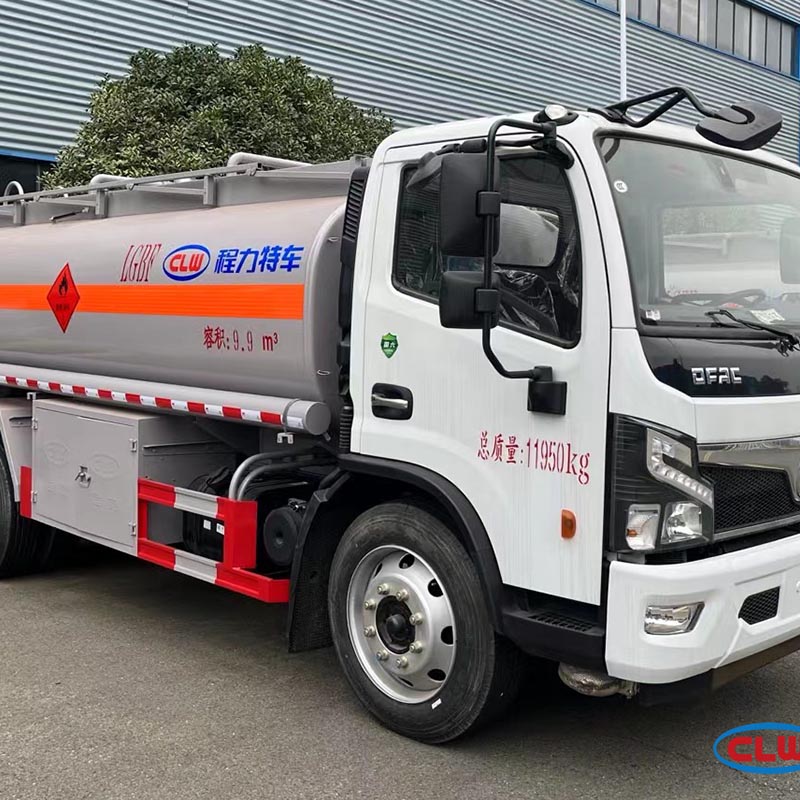
Вопросы и ответы:
Это запасные части всегда дешевле, чем OEM запчасти?
Хотя это часто бывает так, но не всегда. Иногда очень высокое качество запасные части может стоить очень дорого.
Можно ли использовать запасные части аннулирует гарантию на мой автомобиль?
Да, может, особенно для систем, на которые непосредственно влияют эти детали, и именно поэтому очень важно принимать взвешенное решение об использовании этих деталей.
Как узнать, что запчасть безопасно?
Проверьте сертификаты, отзывы пользователей, гарантию и остановитесь на брендах с хорошей репутацией.
О каких изменениях я должен сообщить своей компании по страхованию автомобилей?
Любая модификация, влияющая на производительность или структуру, например подвескаДвигатель или любые значительные изменения в кузове автомобиля, такие как тонировка.
Можно запасные части увеличить мой автомобиль производительность?
Да, некоторые из них могут, однако при неправильной установке или использовании некачественных деталей они могут негативно сказаться на производительности.
Увеличивает или уменьшает расход топлива занижение автомобиля?
Опускание автомобиля обычно снижает расход топлива, что связано с меньше воздуха под машиной, которая повышает экономию топлива.
Основные выводы:
- Запчасти для вторичного рынка Предлагают экономичные альтернативы, но могут быть сопряжены с некоторыми недостаткиособенно в отношении качества и гарантии.
- Тщательно продумайте, какие модификации вы планируете внести, как они повлияют на безопасность вашего автомобиля и совместимы ли они с вашим автомобилем.
- Раскрыть все модификации автомобилей своему страховщику, поскольку это может повлиять на страховое покрытие и выплаты по страховым случаям.
- При выборе приоритет отдается безопасности и надежности запасные частиособенно для критически важных компонентов.
- Изучайте и покупайте детали от известных брендов и просите рекомендации у проверенных людей. ремонтная мастерская.
- Перед тем как сделать значительные изменения всегда консультируйтесь с механиком или специалистом, так как они могут иметь лучший опыт и они помогут вам в этом процессе.
Для получения дополнительной информации о грузовике для обслуживания дорог или других автомобилях большой грузоподъемности, которые мы производим, посетите наш веб-сайт Многофункциональный пылеулавливающий грузовик Chengli, Дорожно-эксплуатационная машина Чэнли, Автомобиль для обслуживания дорожных покрытий - двигатель DAM16KR, и Автомобиль для обслуживания дорог Changan марки Chengliweiили не стесняйтесь связаться с нами с любыми конкретными вопросами. Помните, что мы в Бренд Chengli - интеллектуальный асфальтоукладчик Dongfeng D7 Мы стремимся помочь вам в достижении ваших целей!

